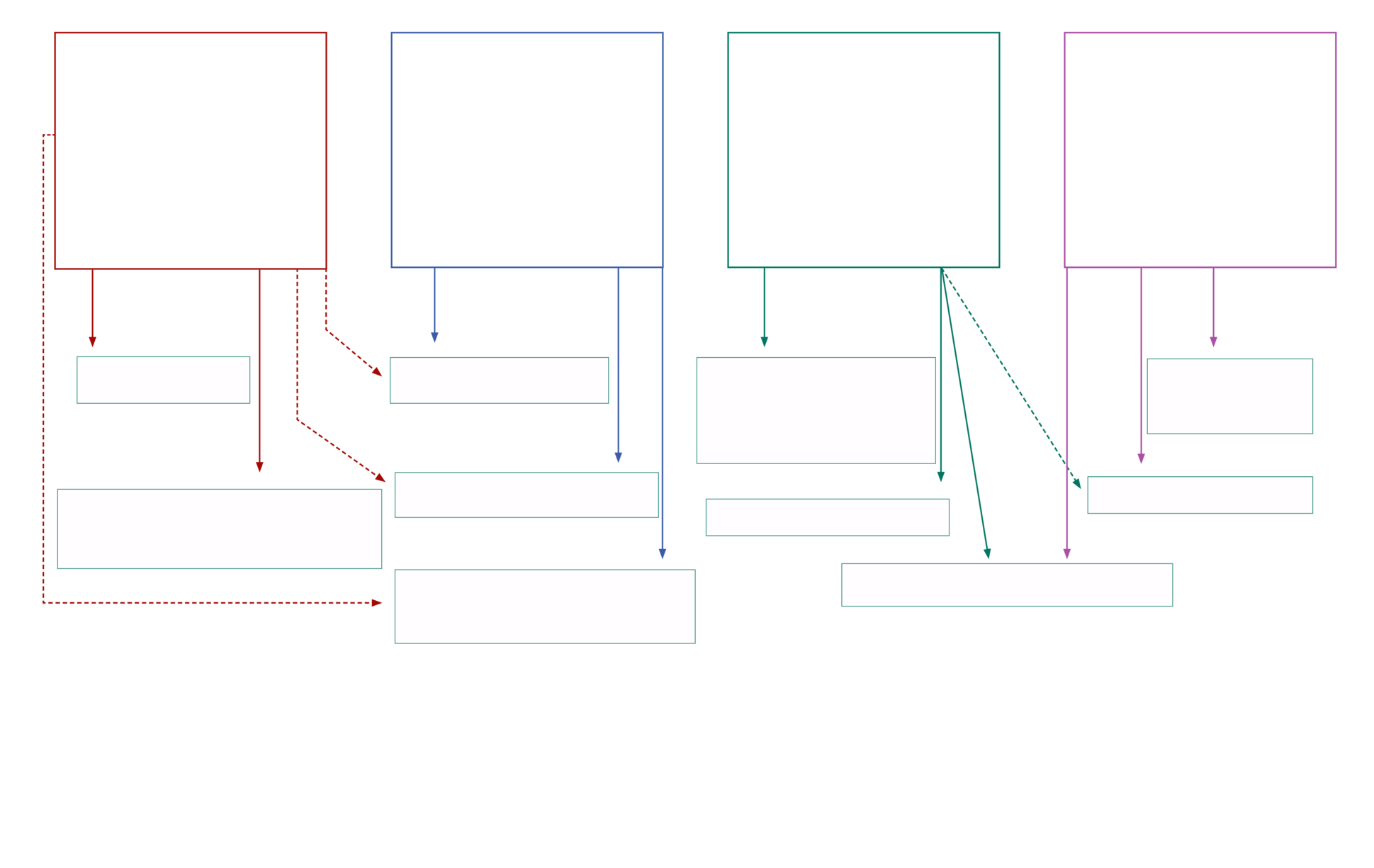Intellect and emotion
What is the nature of the interaction between thinking about music and performing it, and how might this interaction affect performance outcomes?
Research Questions:
1) What kind of performing knowledge might lead to specific, unique interpretations?
2) What kind of interpretations might lead to ‘new knowledge’?
3) How can this cycle of knowledge → interpretation → new knowledge be studied?
4) How can what is learned through this cyclical process best be articulated and disseminated?
5) To what extent is it a process that can benefit from the collaborative input of a team of artists and researchers?
6) What could such a team-based project teach us about the co-creative aspects of the bringing-into-being of specific, unique interpretations?
Repertoire, reflection, research
How the fusion of musical thought and practice and the contribution of this to musical understanding lies at the heart of the Reflective Musician project
Late style
What characterises “Late Style” and what can we learn more generally about the deeper forces in music from the investigation of works created when experience is at its most mature?
New approaches
What kinds of deeper knowledge may be accessed when works are ‘curated’ in new ways, whether in terms of the nature of their presentation or even involving elements of re-composition?
Interpreting interpretation
How do musicians, musicologists and composers experience the phenomenon interpretation?
New works
What impact does it have on composer and performer when a newly-commissioned work is developed in collaboration between them?
About Quality
How can we meet the challenge of establishing criteria for quality in musical performance?









